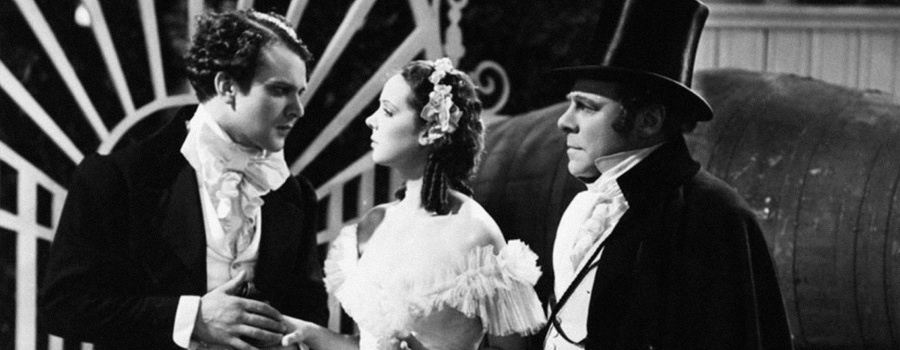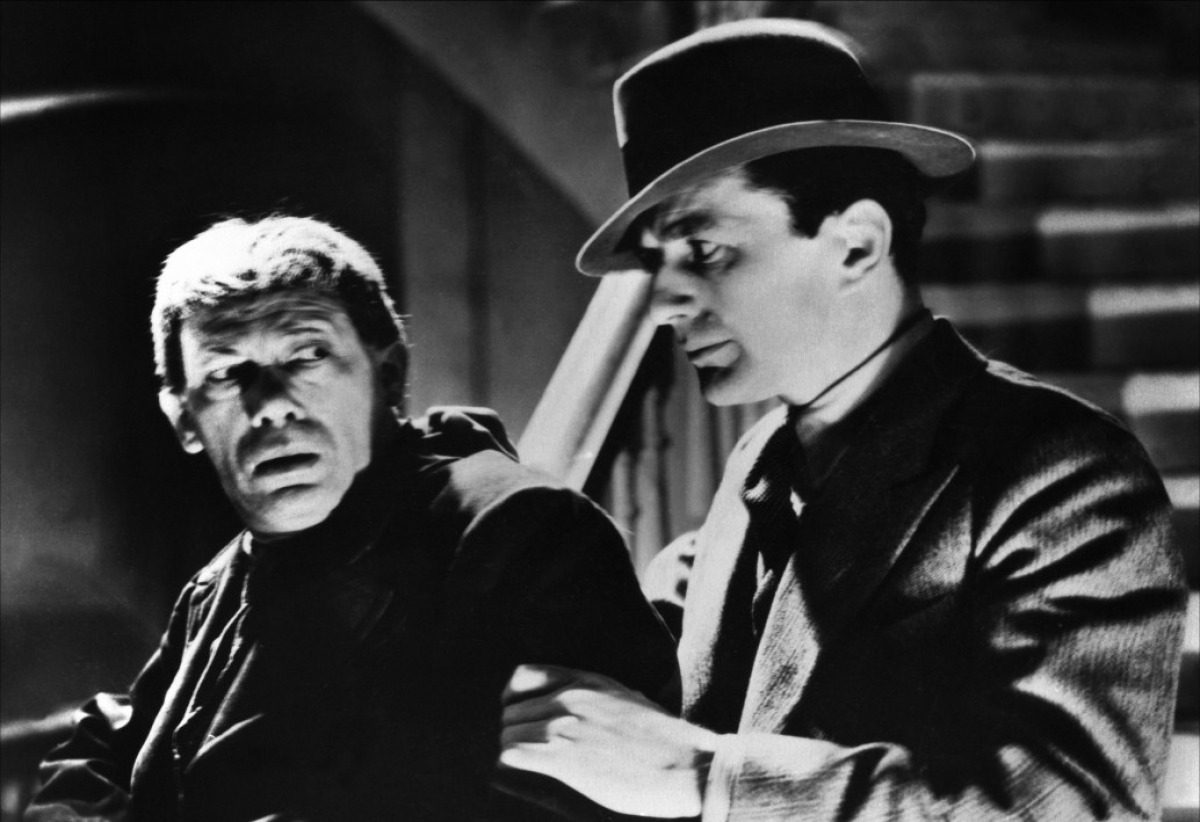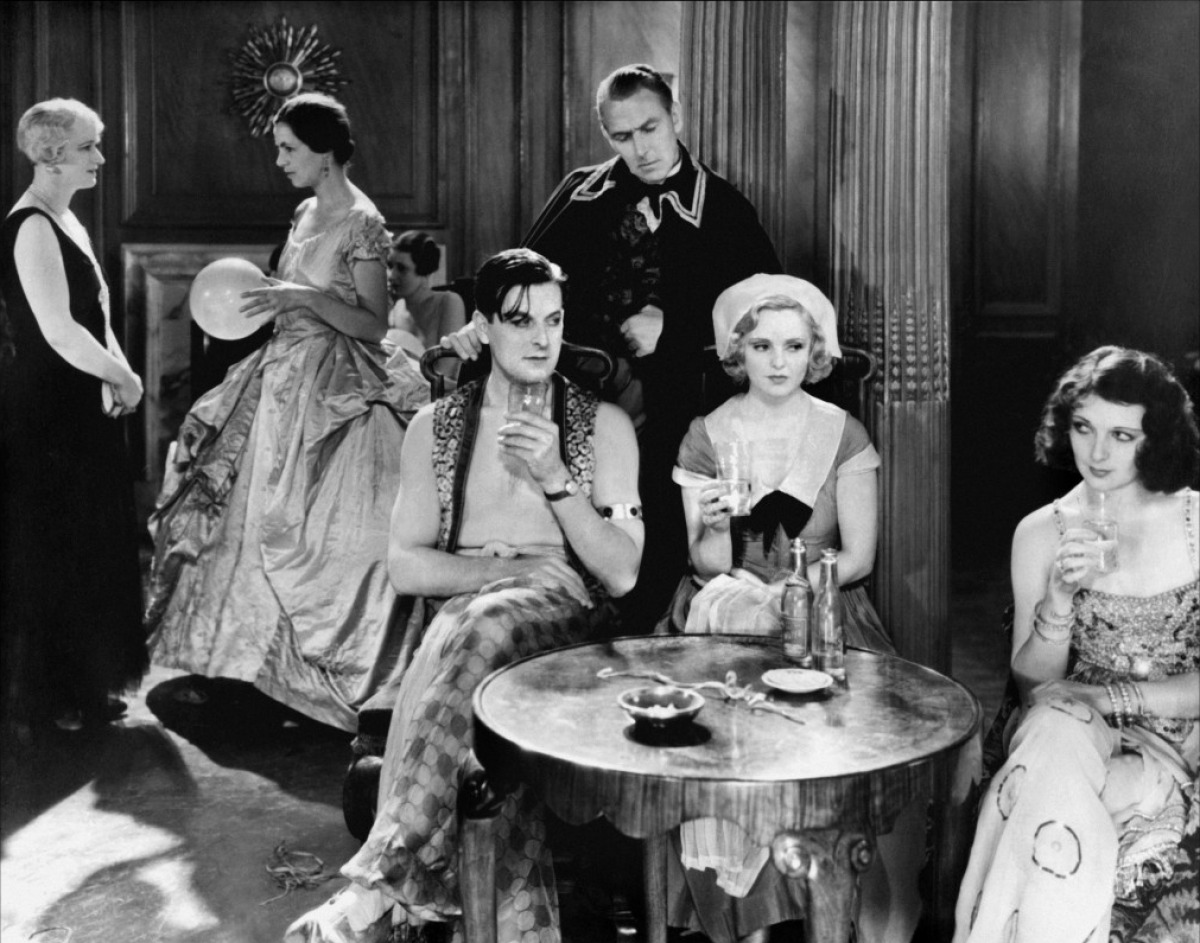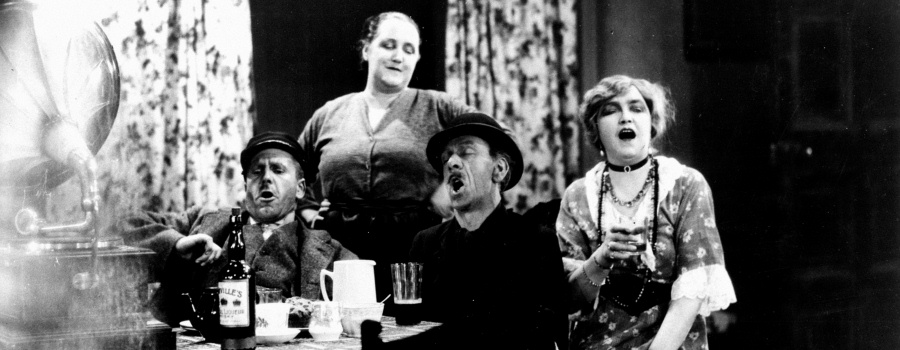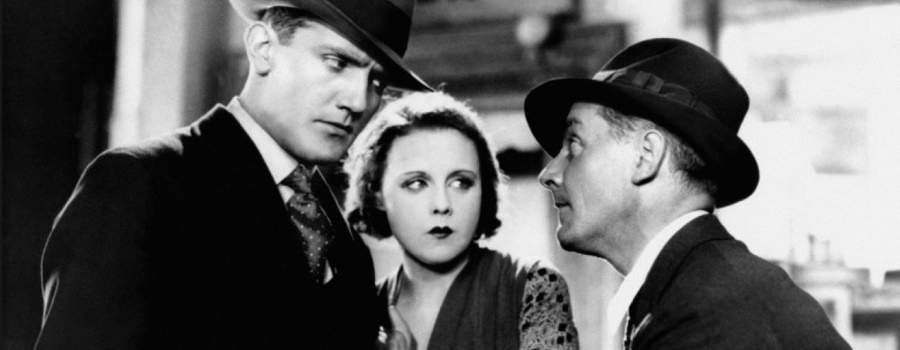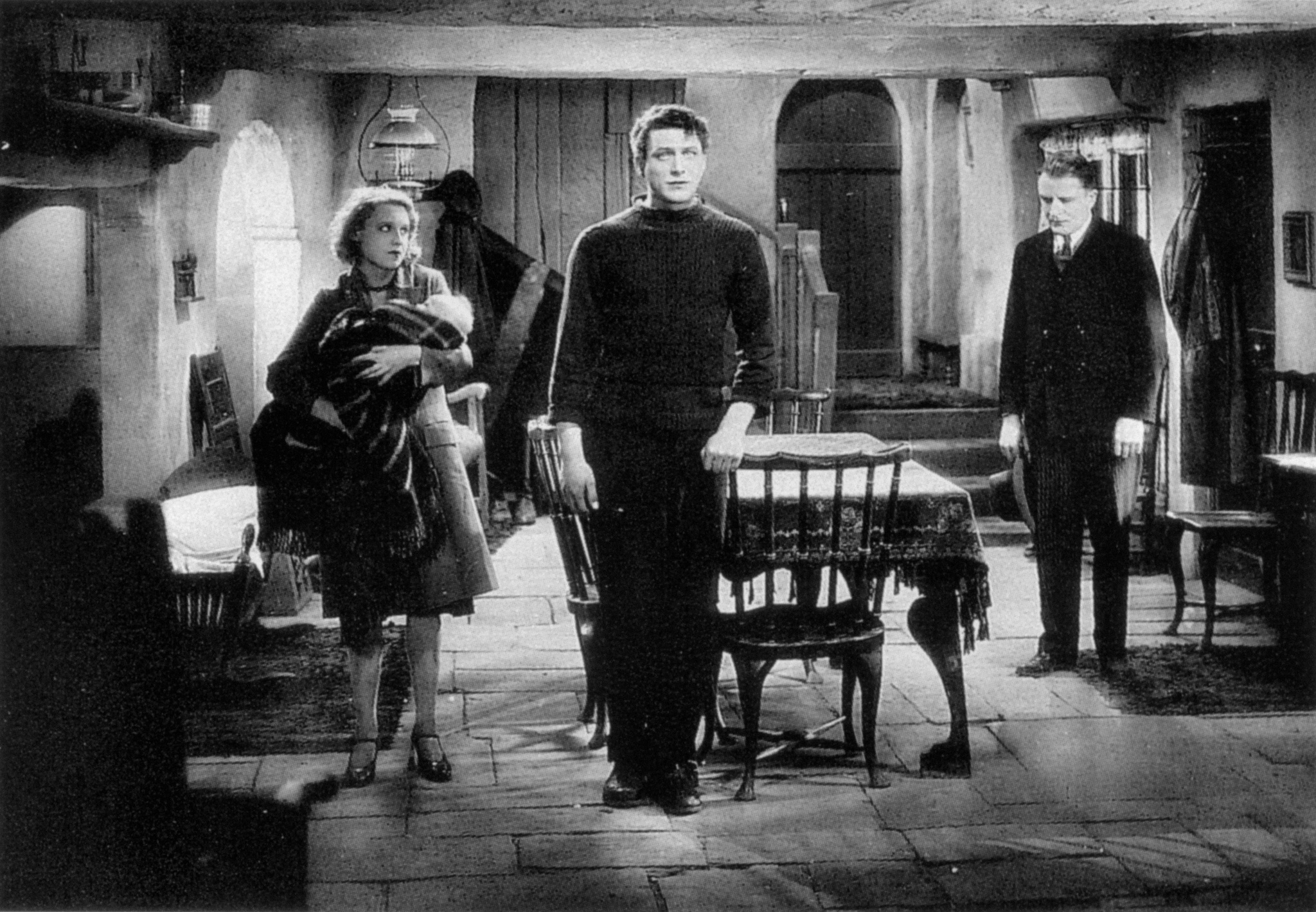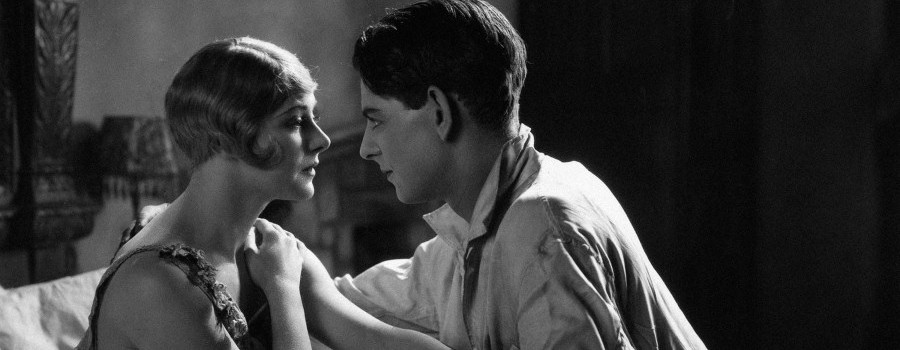A Year with Hitchcock: Waltzes from Vienna, by Reed Lackey
18 Jun
Hitchcock called this the low point of his career. He later called Champagne his least favorite of his films, but maintained that this movie represented an odd sort of crossroads and not an entirely pleasant one. Rich and Strange had been a good film but a commercial failure. Number Seventeen had represented a sloppiness in both style and substance, as if crafted by a hopelessly amateur filmmaker. Then, came Waltzes from Vienna, a film so utterly removed both by narrative and genre from the remainder of Hitchcock’s work as to seem ridiculously anomalous.

